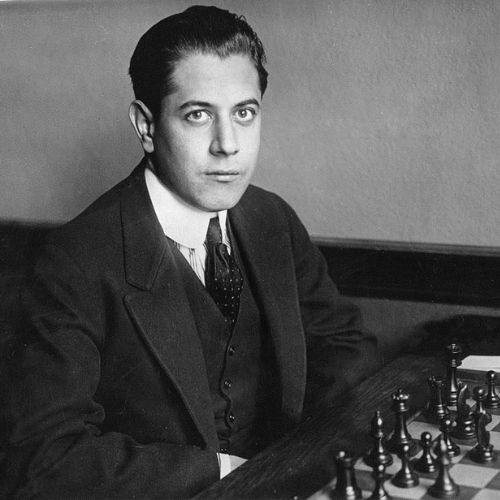13 Sep Learn to Play Chess with Dignity. Don’t Compromise Your Integrity

You may learn more from a game you lose than from a game you win. You will have to lose hundreds of game before becoming a good player.
Jose Capablanca
In the recently concluded Chess KLUB’s International Chess Championship on August 21, we saw many players get kicked out of the competition due to unfair play. They were disqualified, and rightfully so.
We have said this time and again – do not become a victim of your own ego.
It’s OK to lose.
Lose gracefully.
Do not resort to an unfair practice. It will be your short-term method to the madness, and at some point, this will come back to bite you.
Your success will be short-lived and deservedly so.
Cheating, lying, and making excuses for your poor performance might sound pretty harmless on a smaller, personal scale. However, it becomes a big issue when you grow up and still can’t help setting up your professional and personal image on similar lies.
For some people, the lies only get bigger with age.
Let me give you an idea of what happened to some of the players who were victims of cheating in our August 21 Tourney.
- They lost out on points at a critical juncture and, as a result, lost the momentum
- Some went into depression for a few days after series of losses to cheaters
- Some vowed never to play online chess again
- Some wept inconsolably for hours together
What have they done wrong?
Getting help from computers to win a game is petty, lame, foolhardy, and disgusting if you are earnest about the game of chess and its impact on your life.
Imagine the same thing happening to you. If you were not allowed to win by certain opponents as a young chess player, would you be playing at the level you currently are today?
What is the desperation of winning at all costs and letting go of basic decency and sportsmanship?
Why, as humans, we can’t accept defeat gracefully and work harder towards a comeback?
Top chess players, be it Magnus Carlsen or Vishy Anand, wouldn’t have reached the pinnacle of success in their game if they lied through it. So it’s only a matter of time when someone discovers the sham. And it needs to be remembered that if you tell a lie once, all your truths, be they past, present, or future, become questionable.
“Winning at all cost” could very well be the motto of several players, but chess is all about integrity, honesty, sportsmanship, and your best behavior.
Chess is an actual test of a human’s ability to fight and accept the win or defeat with equanimity. After all, you are just one move away from a career-defining loss or win.
If you win by being dishonest, it will not be a win. Somewhere deep inside you, your conscience will tell you that the happiness is short-lived and fake.
Winning fair and square has its own charm, and it hasn’t faded at all in the centuries. Winning by cheating or shortcuts will not let you achieve your true potential in the long run.
Having a competitive spirit is one thing. But having questionable integrity and not staying true to your core values could cost you dearly in the long run, not just in chess but also in other areas of your life.
The world of chess deserves more honest and large-hearted chess players who are not afraid of working hard and know how to put the spirit of the game before anything else.
A note to parents
We as parents can teach our children how to be better world citizens. Fair chess is just the beginning and the right step toward creating a world based on truths and not lies!
I hope you’re with me on this.
Thank you for listening!




